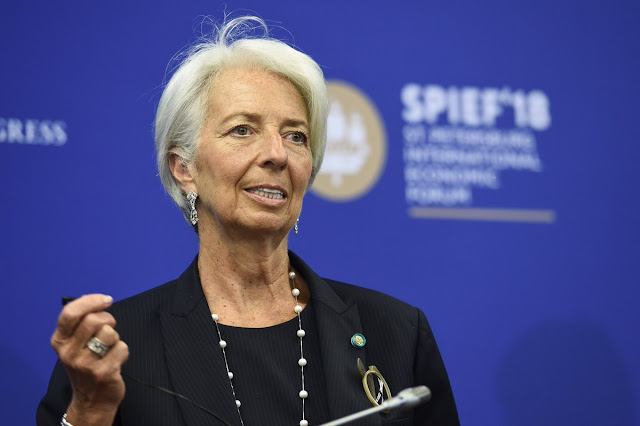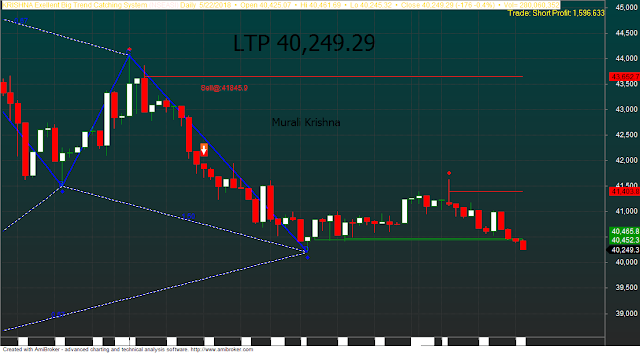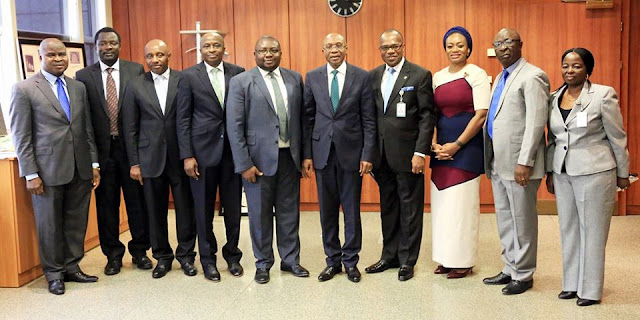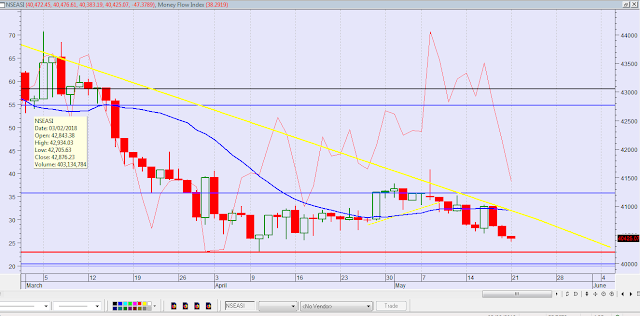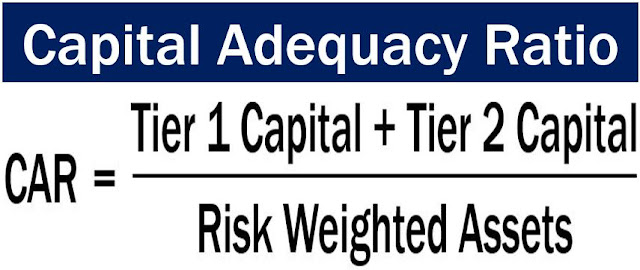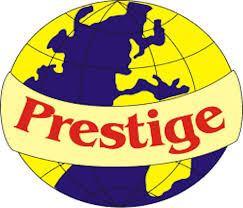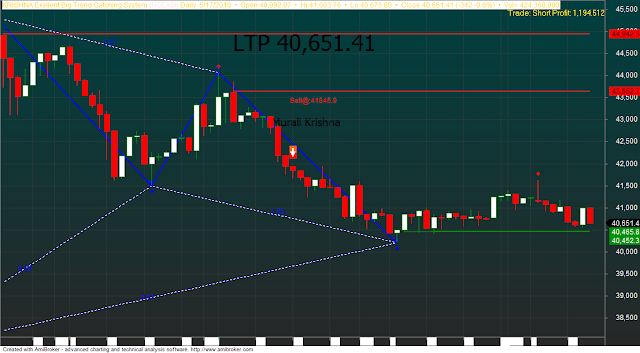Nigeria’s Equity Index Breaks 40,000 Psychological Line Amidst Cautious Trading, Mounting Concerns

Market Update for May 24, 2018 Nigeria’s equity market again tumbled on Thursday with higher losing momentum resulting in six consecutive trading sessions of pullback amidst a heightened sell off. This was despite the array of healthier company fundamentals and positive economic data that indicates the economy is still on course in its recovery drive, not minding that the Q1 GDP data released last week showing slower growth momentum represents a awake up call on the nation’s economic managers and policy makers to rethink and improve implementation strategies to give the economy more push and thereby sustain real sector expansion and drive growth. The new normal is the exit of emerging markets, Nigeria inclusive, by smart money in recent times, amidst the monetary policy balancing resulting in rising yield in the U.S, as well as factors like the unfolding political drama in South Africa, the Malaysian elections, Argentina’s emergency rate hikes and request for IMF assistance, a

